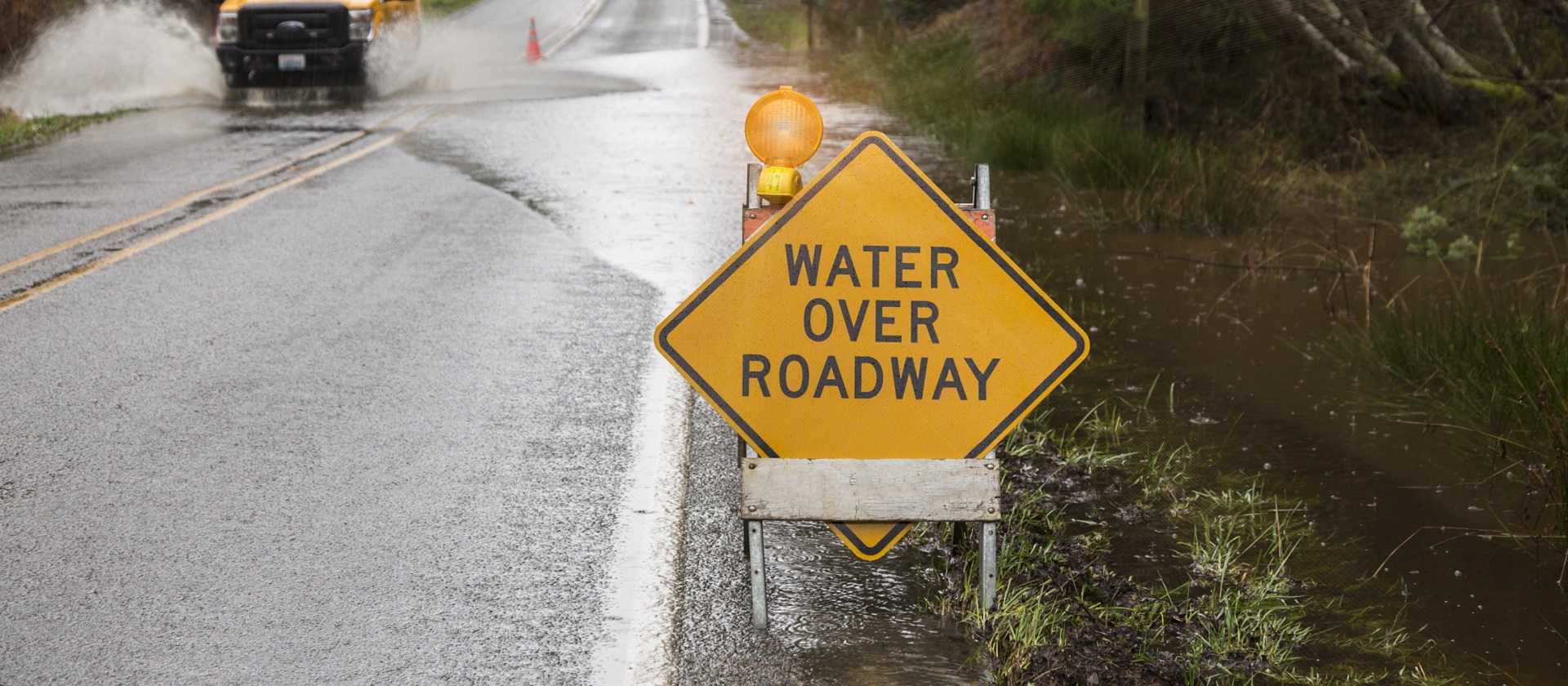General Membership permissions are required to access this content.
On Wednesday May 27, PPG hosted the first installment of the Green Economy Webinar Series, The Business Case for Natural Infrastructure.
Flooding is a critical issue facing Canadian municipalities that will only become more challenging as we continue to experience the effects of climate change. Extreme weather, including floods, is Canada’s primary climate change risk, so it is important to enhance our climate resiliency through stormwater and flood management.
The need to consider the effects of climate change, including flooding, also extends to businesses. Physical damage to assets and local infrastructure, employee physical and mental health, supply chain risks, threats to water quality, and the implementation of stormwater charges can all result in unexpected costs or disruptions to business operations, both on a local and global scale.
A valuable method of reducing stormwater runoff and lowering flood risk is natural infrastructure — a strategy that incorporates natural land features in development and reintroduces these features into urban areas to allow water to infiltrate into the ground rather than run into storm sewers. Natural infrastructure can range from conserving naturally occurring features like wetlands to implementing permeable pavements to allow water to soak into the ground.
Download a Copy of the Presentation
Additional Resources
- How Corporations Can Invest in Nature for Climate Resilience: As a liaison between the conservation community and the private sector, this resource from Partners in Project Green provides information for businesses on flooding issues in the GTA, the benefits of natural infrastructure, and the business case for action.
- Sustainable Technologies Evaluation Program (STEP): A Conservation Authority-led initiative that fosters broader implementation of technologies – including devices, urban design, and innovative operational practices – that protect water resources and reduce our carbon footprint.
- Sustainable Neighborhood Action Plans (SNAP): SNAPs exist for neighbourhoods across the GTA, but the Burnhamthorpe SNAP Tower Program aims to help older Multi-Unit Residential Buildings (MURBs)in Mississauga make improvements to their building and gain from savings, while also providing co-benefits to the community and helping improve aging affordable housing.
- Look After Where You Live: Unique team-building events from shoreline clean-ups to restoring habitats designed for corporate groups to build morale and a connection to their local environment.
- Private Land Tree Planting and Forestry: Helps private landowners by offering technical and financial support to restore and improve your property through the planting of native trees, shrubs and seedlings.
- Greening Corporate Grounds: Companies can build resilience and protect our water supply by changing how they landscape their properties.
About the Presenter
 Victoria Kramkowski
Victoria Kramkowski
Government and Community Relations Specialist, Peel/York Watersheds, Toronto and Region Conservation Authority (TRCA)
Dr. Victoria Kramkowski is Government and Community Relations Specialist at Toronto and Region Conservation Authority (TRCA), where she spearheads strategic partnerships and projects that move forward TRCA’s mandate and support the work of municipal partners. Her work includes projects related to the business case for natural assets and ecosystem services, greenspace management, and public engagement.
Previously, Victoria worked at the City of Mississauga where she implemented and administered the City’s stormwater charge program, including incentive and outreach programs for corporate and residential properties. Dr. Kramkowski’s prior experience also includes environmental policy development and analysis, natural resource management, urban planning and scenario planning. Victoria has a PhD in environmental planning from York University.

